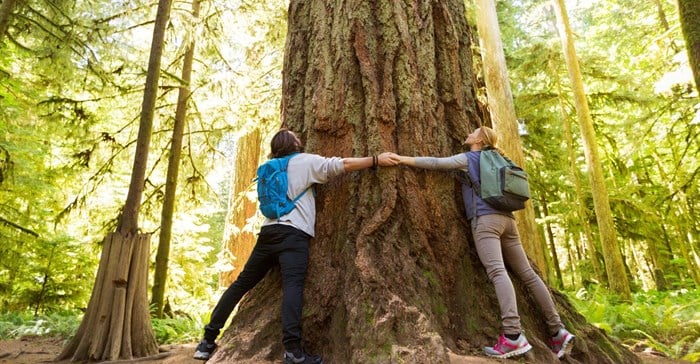
Top stories






More news


Marketing & Media
Ads are coming to AI. Does that really have to be such a bad thing?














While this is great news for the tourism industry, we cannot ignore the impact this amount of travel has on the planet and the environment.
The 2002 Cape Town Declaration on Responsible Tourism sought to provide a roadmap for more ethical travel experiences. It defined ‘responsible tourism’ as, amongst other things:
• Tourism which minimises negative social, economic and environmental impact,
• Generates greater economic benefits for local people,
• Enhances the well-being of host communities,
• Provides more enjoyable experiences for tourists through more meaningful connections with local people, and
• Demonstrates a greater understanding of local cultural, social and environmental issues.
Understandably, it should be every travel brand’s obligation to ensure each of their destinations are as appealing as possible. But beyond that, it should be an obligation for each brand to ensure that the impact of their resorts and offerings on the planet are as sustainable and responsible as possible.
This may seem like a lot to take on board when we’re trying to sell an idyllic getaway, but it’s an essential part of ensuring the very future of these destinations which makes good business sense. This responsibility towards environmental protection is something that every global travel provider should be required to build into the guest experience.
For those who are conscious about the impact of their travels on the environment, it adds an additional positive element to their trip – peace of mind. For those unaware of the way that travel impacts the planet, it’s a conscientising activity that will hopefully inspire them to make more sustainable and responsible decisions in their everyday lives once they return from their holiday.
Club Med, as one example, understands the importance of protecting the environment and have taken steps to ensure that we take measures to be environmentally responsible in a number of our resorts. Our Club Med Finolhu Villas in the Maldives has managed to maintain its pristine integrity by harnessing the incredible power of the sun, with unobtrusive solar panels fitted to the roofs of walkways that connect its various areas.
As a result of initiatives like this, the resort is fully powered by renewable energy and 100% off the grid – minimising its impact on the environment without any noticeable effect on the guest experience.
The global trend towards cutting back on single-use plastics is an important one which can make a massive impact without serious guest experience compromise. All of Club Med’s East and South Asia Pacific resorts have seen disposable plastic cutlery replaced with reusable melamine, and plastic cups and straws with paper versions.
Ocean Conservancy research has shown that more than half of the 8 million tonnes of plastic which finds its way into the oceans each year comes from Asia, so increasing awareness amongst guests, staff and the general population about the huge damage this causes, is essential to our mission, as stewards of the areas in which we operate.
Travel is an essential part of enjoying life and exploring the world around us, however, encouraging people to travel halfway around the world grows their carbon footprint.
From the carbon dioxide emitted by the aircraft, to the impact their very footprints have on the landscape they explore, they are leaving an imprint on the planet. It should be our responsibility as travel brands to offer them ways to minimise that imprint – and at times even counter it.